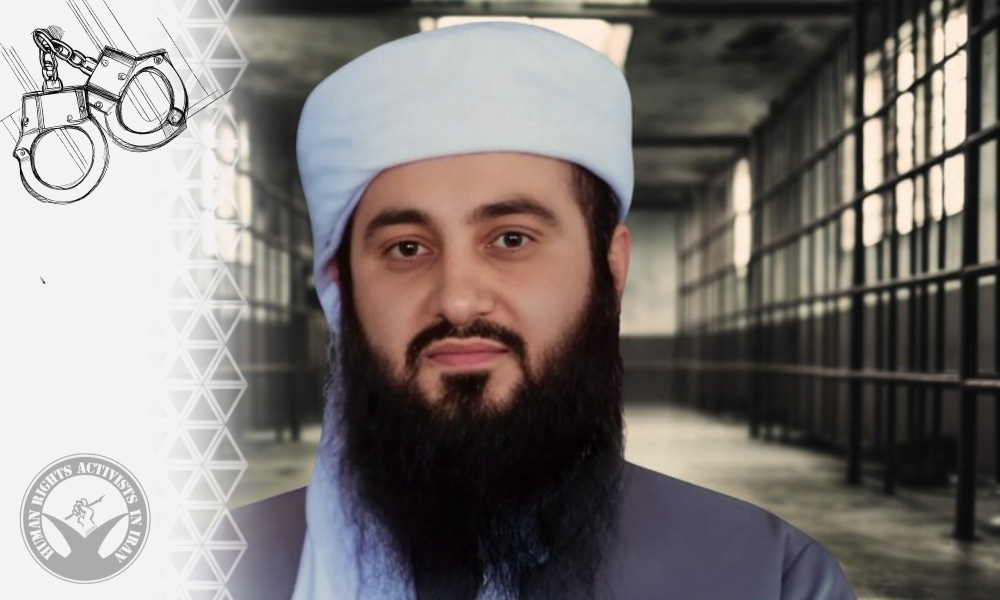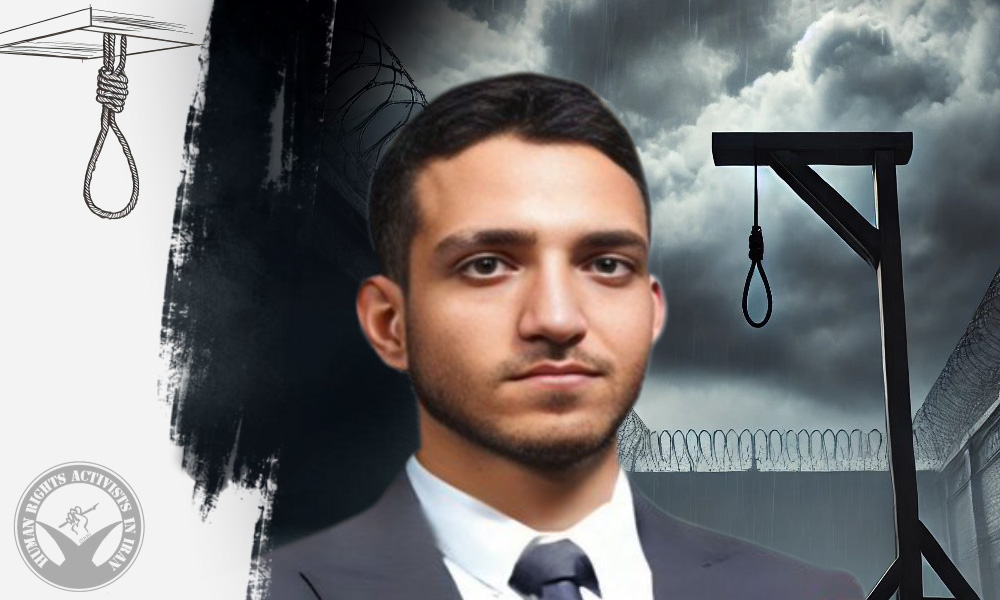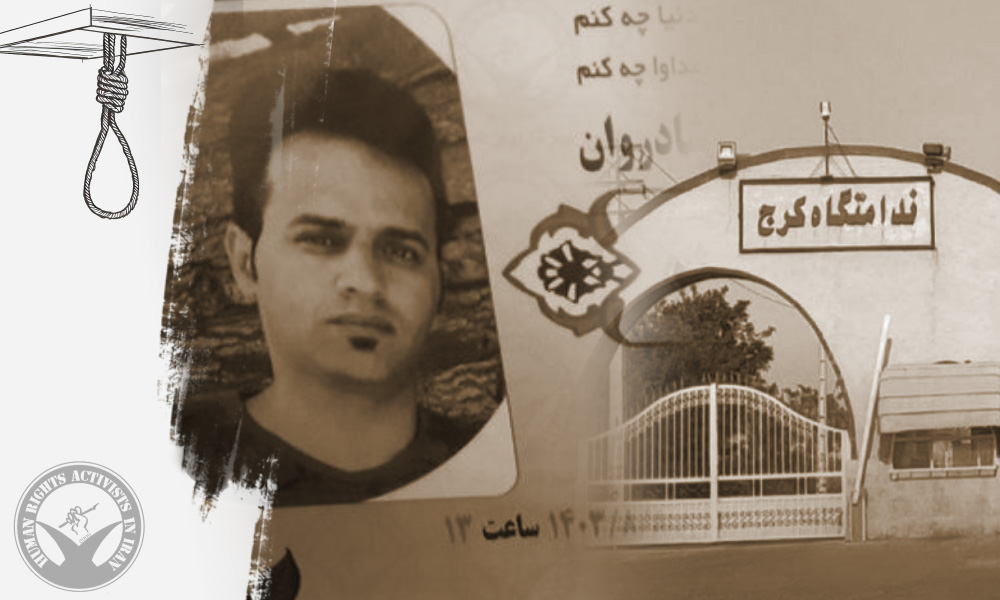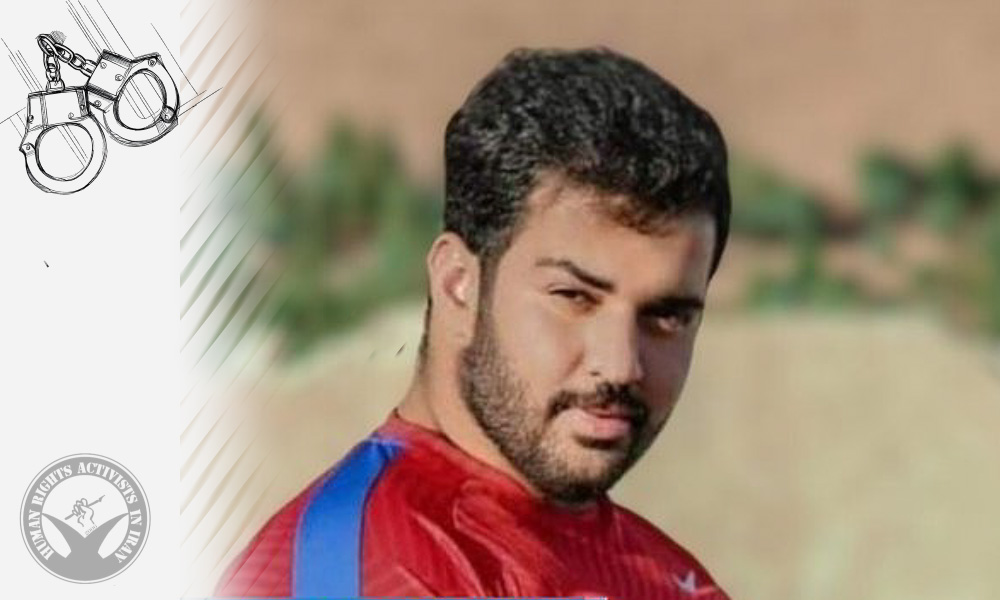HRANA News Agency –At least 20 truckers and supporters have been arrested in connection with a wave of truckers’ strikes that began on May 22 in cities across Iran, including Sanandaj, Eslamabad-e Gharb, Kermanshah, Rasht, Bandar Imam Khomeini, Bandar Lengeh, and Shiraz.
The strikes, launched in protest of longstanding grievances over working conditions and economic pressures, have drawn a strong security response. Among those detained are Sediq Mohammadi and Shahab Darabi, arrested in Sanandaj and Eslamabad-e Gharb respectively. The whereabouts of Mohammadi remain unknown.
The National Union of Truckers and Drivers has released several statements confirming the arrest of at least 11 drivers in Kermanshah and several others in Sanandaj. The union also reported violent police tactics, including the use of pepper spray against striking drivers at the Sanandaj terminal.
In Rasht, the IRGC’s Gilan provincial office announced the arrest of a citizen for allegedly supporting the strike. The individual was accused of “disrupting the order and security of road transport” and “aiding opposition groups” through negative portrayals of the situation.
The IRGC in Khuzestan Province reported the arrest of two individuals in Bandar Imam Khomeini on similar charges. State media later aired what appeared to be their forced confessions.
Authorities in Bandar Lengeh also arrested a citizen for allegedly producing and distributing videos encouraging strike participation. Police claimed the videos were shared with foreign media outlets.
In Shiraz, the local prosecutor confirmed the detention of several drivers, accusing them of “deliberate and organized disruption” of the transportation system. No specific number of detainees was disclosed.
HRANA previously published a detailed report on the first week of the truckers’ strike, outlining its causes, scale, and the government’s response, including arrests and repression.













